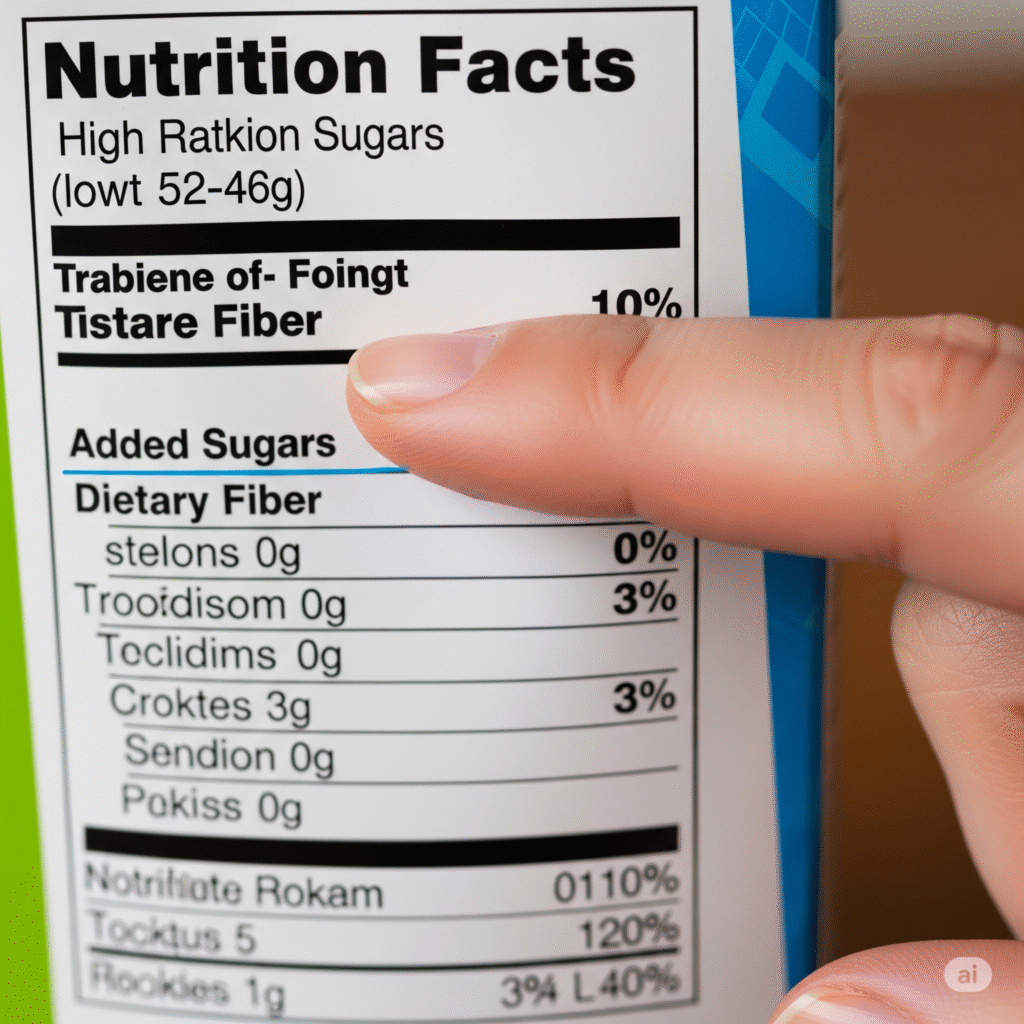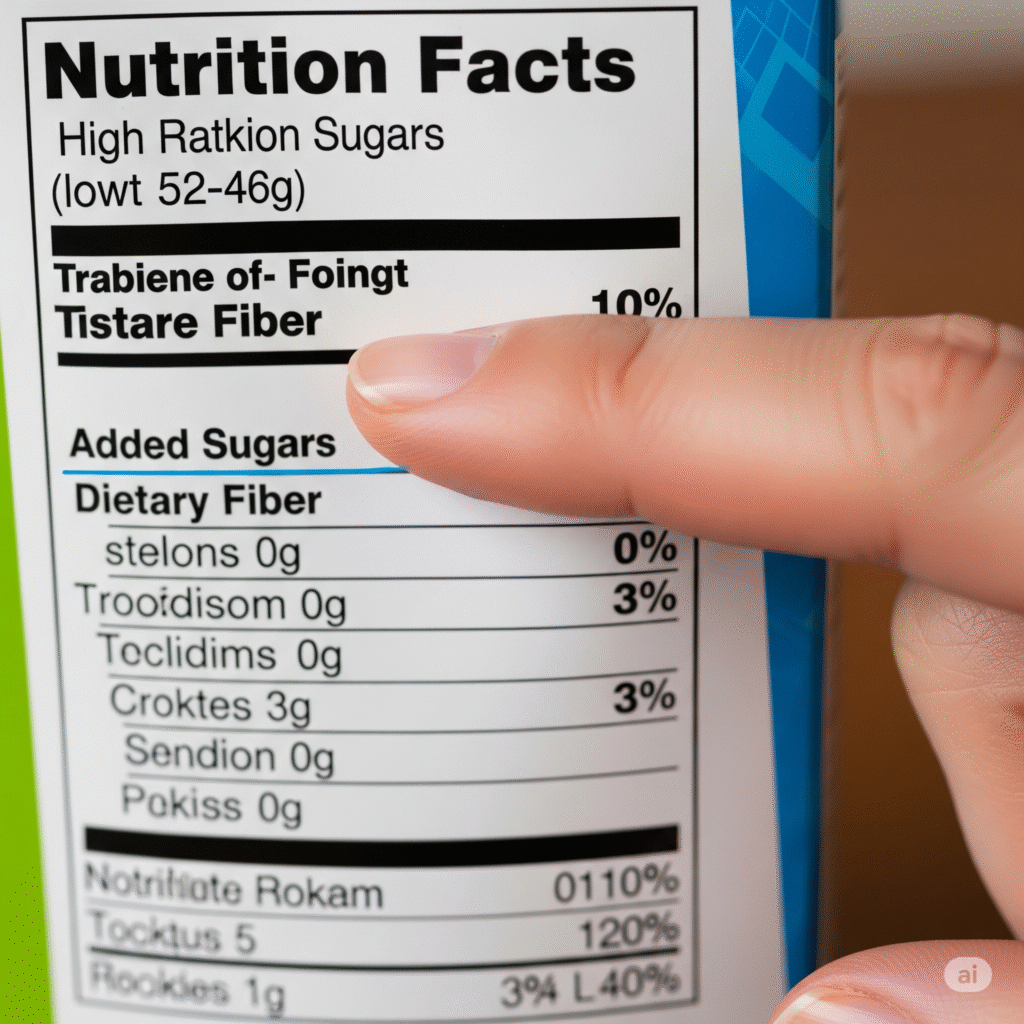Physical Address
304 North Cardinal St.
Dorchester Center, MA 02124
Physical Address
304 North Cardinal St.
Dorchester Center, MA 02124

As a nutritionist, one of the most common points of confusion for my clients is carbohydrates. They’re often painted as the enemy of a healthy diet, but the truth is far more nuanced. The real issue isn’t carbs themselves, but the type of carbs you’re eating. This guide will illuminate the difference, focusing on the refined carbs you should avoid and the wonderful world of complex carbohydrates that can fuel your body and protect your health.
Think of a whole grain as a complete package. It has three parts: the bran (the fiber-rich outer layer), the germ (the nutrient-packed core), and the endosperm (the starchy middle).
Refined carbohydrates are carbohydrates that have been mechanically processed to strip away the bran and the germ, leaving only the starchy endosperm. This process is done to give foods a finer texture and improve their shelf life. However, it also removes most of the dietary fiber, vitamins (like B vitamins), and minerals (like iron).
Because they lack fiber, your body digests them very quickly. This can lead to a rapid increase in your blood sugar levels. Your pancreas then releases a large amount of insulin to manage this sugar spike, which can lead to a “crash” that leaves you feeling tired, hungry, and craving more of the same. Over time, this cycle can contribute to weight gain, type 2 diabetes, and other health issues.
Here is a list of common culprits to watch out for. Limiting these is a major step toward better health.

Avoiding refined carbs doesn’t mean avoiding carbs altogether! Your body needs carbohydrates for energy. The key is to choose complex carbohydrates. These are carbs in their whole, unprocessed form. Because the fiber is intact, they are digested slowly, providing a steady release of energy without the dramatic blood sugar spikes.
Here are fantastic sources of complex carbohydrates to embrace:

I’ve guided many clients through this transition, and I know it can feel daunting. The secret is to make small, sustainable changes.
Making these changes won’t just help you avoid the pitfalls of refined carbs; it will introduce your body to a wider array of nutrients, improve your energy levels, and support your long-term health.
1. Are refined carbs ‘bad’ for you? In high amounts, yes. They lack essential nutrients and fiber, leading to rapid blood sugar spikes, energy crashes, and an increased risk of health problems like obesity and type 2 diabetes over time.
2. What can I eat for breakfast instead of refined carbs? Opt for oatmeal with berries and nuts, scrambled eggs with whole-wheat toast, or a smoothie with spinach, fruit, and a source of protein like Greek yogurt.
3. Is fruit a bad carb because it has sugar? No. Whole fruit contains fructose, a natural sugar, but it’s packaged with fiber, water, and essential vitamins. The fiber slows down sugar absorption, preventing the sharp blood sugar spikes associated with refined sugars.
4. What is the difference between simple and complex carbohydrates? Simple carbohydrates (like refined carbs and sugar) are made of one or two sugar molecules and are digested quickly. Complex carbohydrates (like whole grains and vegetables) are made of long chains of sugar molecules and are digested slowly, providing sustained energy.
5. How can I get enough carbohydrates if I avoid refined carbs? You can easily meet your carbohydrate needs by focusing on complex carbohydrates. Fill your plate with a variety of vegetables, fruits, whole grains like quinoa and oats, and legumes like beans and lentils. These foods provide ample carbohydrates along with fiber, vitamins, and minerals.